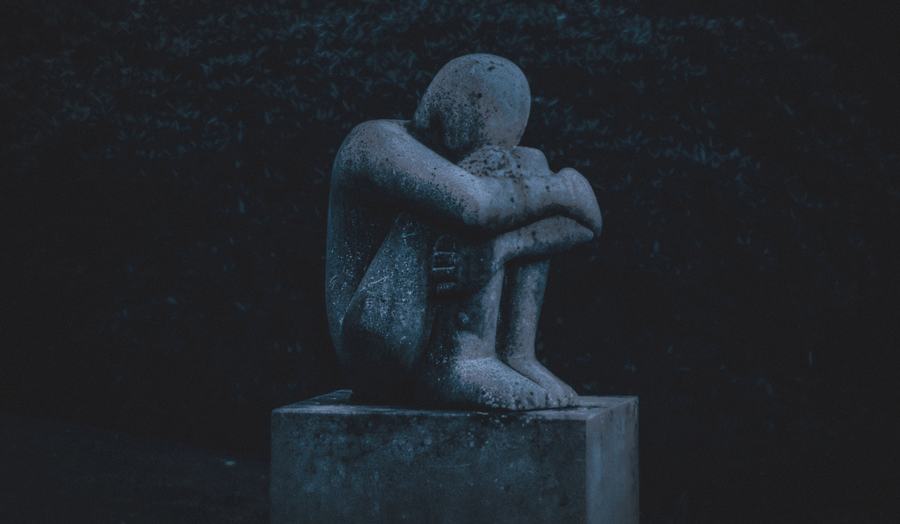Dr Denise Turner on death and dying in the workplace
Dr Denise Turner, Senior Lecturer in Social Work, researches how hospital staff deal with death in their work, and why conversations about dying can be so taboo.
Date: 21 April 2020
“Death and dying is a difficult subject, and it’s not talked about much,” says Dr Denise Turner, a Senior Lecturer in Social Work at London Met. “It’s a universal experience that we don’t like to think about.”
In 2018, the Royal College of Physicians carried out a survey which revealed that doctors get little support and training around how to talk to patients at their end of life, and about death and dying. Dr Turner’s research seeks to resolve this by finding ways to train healthcare professionals in providing effective support, and to ensure they are supported themselves.
A 360-degree view
At the core of her research, Dr Turner is attempting to answer three questions: what happens to hospital staff when somebody dies in the course of their work; how are they supported; and what training have they had to support the families of the deceased?
To answer these questions, she is currently putting a bid in to undertake a year-long ethnographic study at Whittington Hospital. The project will focus on three main areas of staff: community staff, maternity staff, and the Emergency Response staff, taking a 360-degree look at who is involved when a patient dies, and how they are supported.
This line of research continues from her PhD, which looked at the experiences of parents who have had their child die suddenly and unexpectedly.
“One of the key things I learned during my PhD research,” said Dr Turner, “was that the parents themselves weren’t always as traumatised as might be expected, but that hospital staff and other rapid response staff could remain traumatised by lack of training and support in the workplace.
“It was worrying that the people the parents were looking to for help were not getting the support and training they needed to effectively deal with this important situation. They couldn’t support the families as effectively as possible because they weren’t getting the support themselves.”
Dr Turner went on to explain that, through her research, she has found that there tend to be support organisations for families in specific death-related circumstances, such as losing someone to suicide, but there are almost no support groups specifically for practitioners.
“In this country,” Dr Turner explains, “we have a tendency to withdraw into ourselves when dealing with death, or become defensive to block out thinking about it. My research triangulates this issue, and I want to be able to provide a space for hospital staff to talk and share their vulnerabilities. This research has the capacity to make a real difference.”
Dr Turner hopes to begin her year-long project this coming December at Whittington Hospital.

